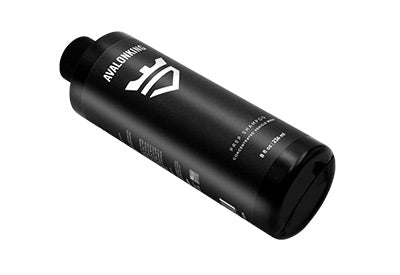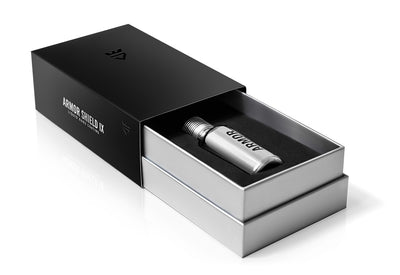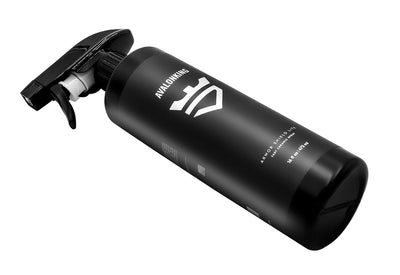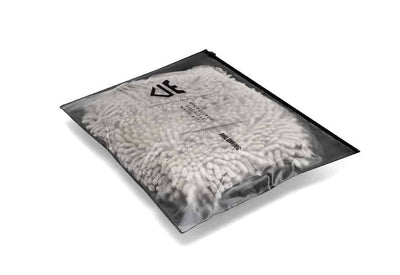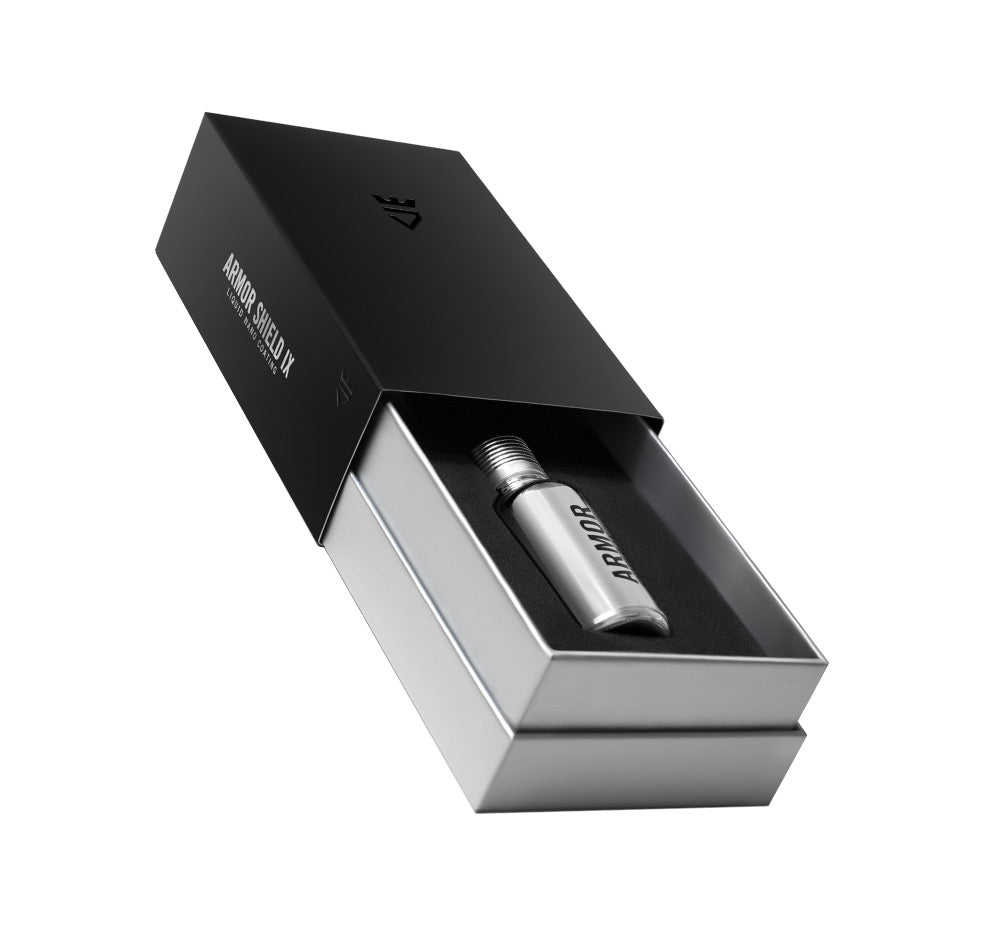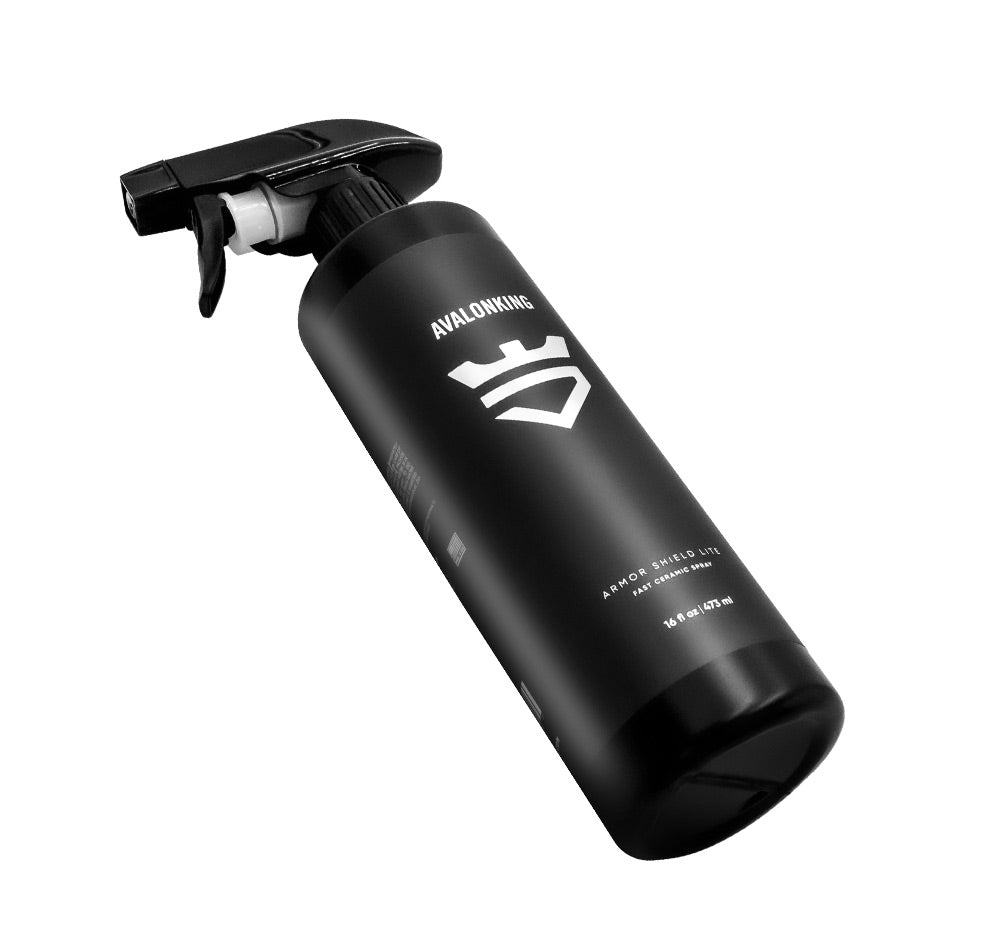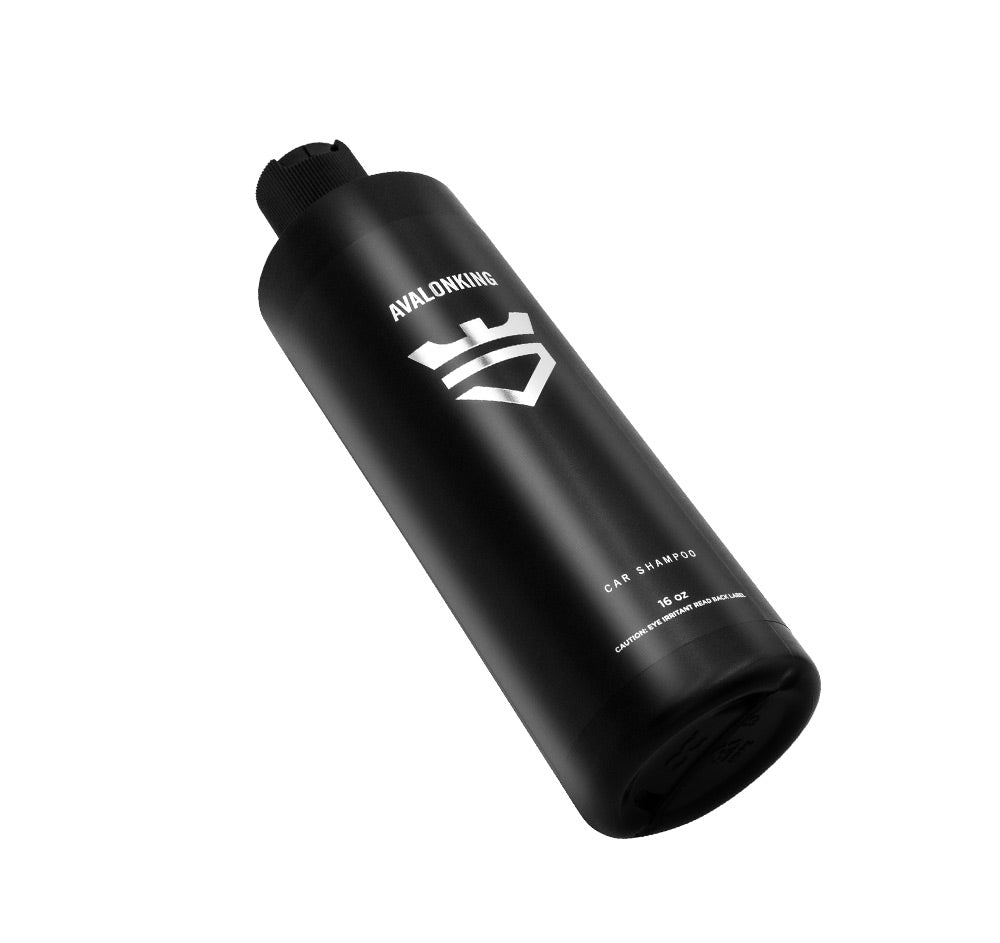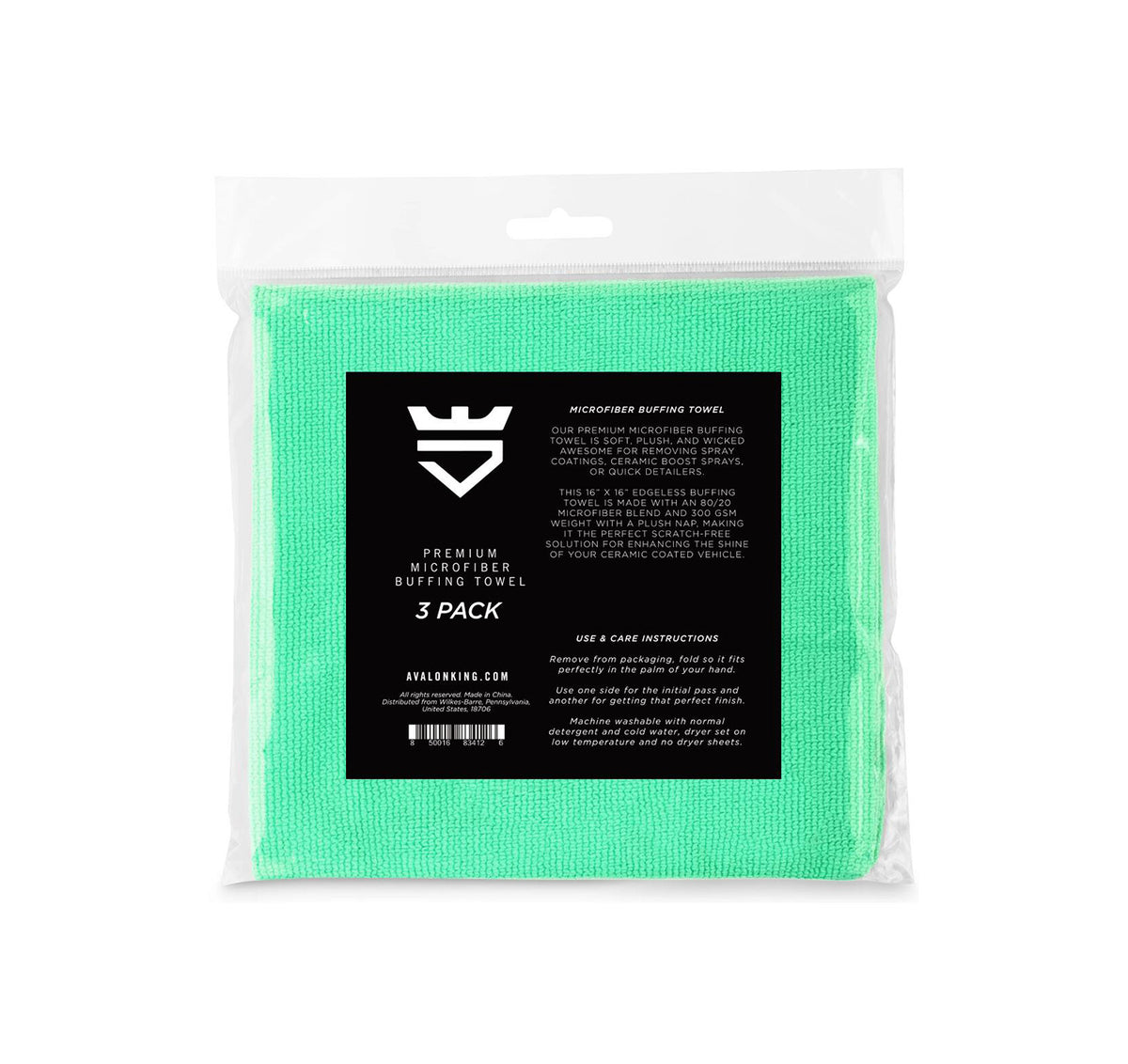What is Solvent Resistance? Explained by AvalonKing
Solvent resistance is a crucial property of many materials, particularly those used in the automotive industry. It refers to the ability of a material to resist degradation or damage when exposed to solvents. In the context of ceramic coatings, solvent resistance is a key factor that determines the durability and longevity of the coating. AvalonKing, a leading provider of ceramic coating solutions, places a strong emphasis on solvent resistance in their products.
Understanding solvent resistance can be complex, as it involves a range of chemical interactions and physical properties. However, AvalonKing aims to make this concept accessible and understandable to all, from car enthusiasts to professional detailers. This article will delve into the intricacies of solvent resistance, exploring its importance, how it is measured, and how it impacts the performance of ceramic coatings.
The Importance of Solvent Resistance
Solvent resistance is not just a technical term thrown around in the industry. It has real-world implications that can significantly impact the performance and lifespan of a ceramic coating. A coating with high solvent resistance can withstand exposure to harsh chemicals and environmental factors, maintaining its protective properties and aesthetic appeal over time.
Without sufficient solvent resistance, a ceramic coating can degrade prematurely, leading to a loss of shine, reduced protection, and ultimately, a need for reapplication. This not only impacts the appearance of the vehicle but can also lead to increased maintenance costs. Therefore, solvent resistance is a critical consideration when choosing a ceramic coating.
Chemical Interactions
At a molecular level, solvent resistance is all about chemical interactions. When a solvent comes into contact with a material, it can interact with the material's molecules, potentially causing them to break down or change structure. The ability of a material to resist these changes is what we refer to as solvent resistance.
These chemical interactions can be influenced by a range of factors, including the type of solvent, the concentration of the solvent, and the temperature and pressure conditions. Understanding these factors can help in selecting a ceramic coating with optimal solvent resistance for a specific application.
Environmental Factors
Environmental factors can also play a significant role in solvent resistance. Exposure to sunlight, temperature fluctuations, and atmospheric conditions can all influence how a material reacts to solvents. For example, high temperatures can increase the rate of chemical reactions, potentially reducing solvent resistance.
Furthermore, environmental pollutants can act as solvents, interacting with the ceramic coating and potentially causing degradation. Therefore, a ceramic coating with high solvent resistance is particularly important in harsh or polluted environments.
Measuring Solvent Resistance
Solvent resistance is not a subjective property; it can be quantitatively measured using specific tests. These tests typically involve exposing the material to a solvent for a set period and then assessing any changes in the material's properties. The results of these tests can provide valuable insights into the durability and longevity of a ceramic coating.
However, it's important to note that different tests may use different solvents or conditions, potentially leading to varying results. Therefore, when comparing the solvent resistance of different coatings, it's crucial to ensure that the same testing methods were used.
Standard Testing Methods
Several standard testing methods are used to measure solvent resistance. One common method is the immersion test, where the material is immersed in a solvent for a set period, and then any changes in weight, dimensions, or appearance are measured. This can provide a direct measure of how the material reacts to the solvent.
Another common method is the rub test, where a solvent-soaked cloth is rubbed against the material. The number of rubs it takes for the material to show signs of degradation can provide an indication of its solvent resistance. These tests can be performed under various conditions to simulate different real-world scenarios.
Interpreting Test Results
Interpreting the results of solvent resistance tests can be complex, as they can be influenced by a range of factors. For example, a material may show high solvent resistance under one set of conditions but perform poorly under different conditions. Therefore, it's important to consider the specific application and environment when interpreting test results.
Furthermore, it's important to remember that solvent resistance is just one of many properties that determine the performance of a ceramic coating. Other factors, such as hardness, adhesion, and gloss, also play a crucial role. Therefore, a holistic approach should be taken when evaluating a ceramic coating, considering all relevant properties and performance characteristics.
Impact on Ceramic Coating Performance
Solvent resistance directly impacts the performance of a ceramic coating. A coating with high solvent resistance can maintain its protective and aesthetic properties even when exposed to harsh chemicals or environmental conditions. This can result in a longer-lasting, more durable coating that requires less maintenance.
On the other hand, a coating with low solvent resistance may degrade prematurely, leading to a loss of shine and protection. This can result in increased maintenance costs and potentially damage to the underlying surface. Therefore, solvent resistance is a critical factor to consider when choosing a ceramic coating.
Protection Against Chemical Damage
One of the primary benefits of a ceramic coating with high solvent resistance is protection against chemical damage. This includes damage from environmental pollutants, cleaning products, and other chemicals that a vehicle may be exposed to. By resisting these chemicals, the coating can maintain its protective properties and keep the vehicle looking its best.
Furthermore, a coating with high solvent resistance can also protect the underlying surface from chemical damage. This can be particularly important for vehicles with high-end finishes or custom paint jobs, where any damage can be costly to repair.
Longevity and Durability
Another key benefit of high solvent resistance is increased longevity and durability. A coating that can resist solvents will be less likely to degrade over time, resulting in a longer-lasting finish. This can reduce the need for reapplication and result in lower maintenance costs over the life of the vehicle.
Furthermore, a durable coating can provide better protection against physical damage, such as scratches and chips. This can help to maintain the vehicle's appearance and protect its value.
Improving Solvent Resistance
While solvent resistance is largely determined by the chemical composition of the ceramic coating, there are ways to improve it. These include proper application techniques, regular maintenance, and the use of appropriate cleaning products. By taking these steps, you can maximize the solvent resistance of your ceramic coating and ensure it performs at its best.
It's also worth noting that not all ceramic coatings are created equal. Some coatings are specifically designed with high solvent resistance in mind, making them a better choice for certain applications. Therefore, it's important to do your research and choose a coating that best suits your needs.
Application Techniques
The way a ceramic coating is applied can have a significant impact on its solvent resistance. For example, applying the coating in a thin, even layer can help to ensure it forms a strong bond with the surface, increasing its resistance to solvents. Furthermore, allowing the coating to cure properly can also enhance its solvent resistance.
It's also important to prepare the surface properly before applying the coating. This includes cleaning the surface to remove any dirt or contaminants, and potentially using a primer to enhance adhesion. By taking these steps, you can ensure the coating adheres properly to the surface, which can improve its solvent resistance.
Maintenance and Cleaning
Regular maintenance and cleaning can also help to maintain the solvent resistance of a ceramic coating. This includes washing the vehicle regularly to remove any dirt or chemicals that could potentially degrade the coating. It's also important to use a pH-neutral car wash soap, as acidic or alkaline soaps can potentially damage the coating.
Furthermore, it's recommended to apply a maintenance spray or booster product every few months. These products can help to replenish the coating and enhance its solvent resistance. By following these maintenance tips, you can help to ensure your ceramic coating stays in top condition for longer.
Conclusion
Solvent resistance is a critical property of ceramic coatings, impacting their durability, longevity, and performance. A coating with high solvent resistance can withstand exposure to harsh chemicals and environmental conditions, providing superior protection and aesthetic appeal. AvalonKing is committed to providing ceramic coatings with exceptional solvent resistance, helping you to protect your vehicle and keep it looking its best.
Understanding solvent resistance can be complex, but it's a crucial factor to consider when choosing a ceramic coating. By taking the time to understand this property and how it impacts the performance of a coating, you can make an informed decision and choose a product that best suits your needs. Whether you're a car enthusiast or a professional detailer, solvent resistance is a concept that should not be overlooked.
Ready to ensure your vehicle benefits from the highest level of solvent resistance? Check out our products at AvalonKing, where we offer an array of top-tier car cleaning solutions, including our renowned ceramic coatings and car shampoos. With years of expertise in providing the very best to our customers, you can trust AvalonKing to keep your vehicle looking pristine. Visit us online and give your car the protection it deserves.

